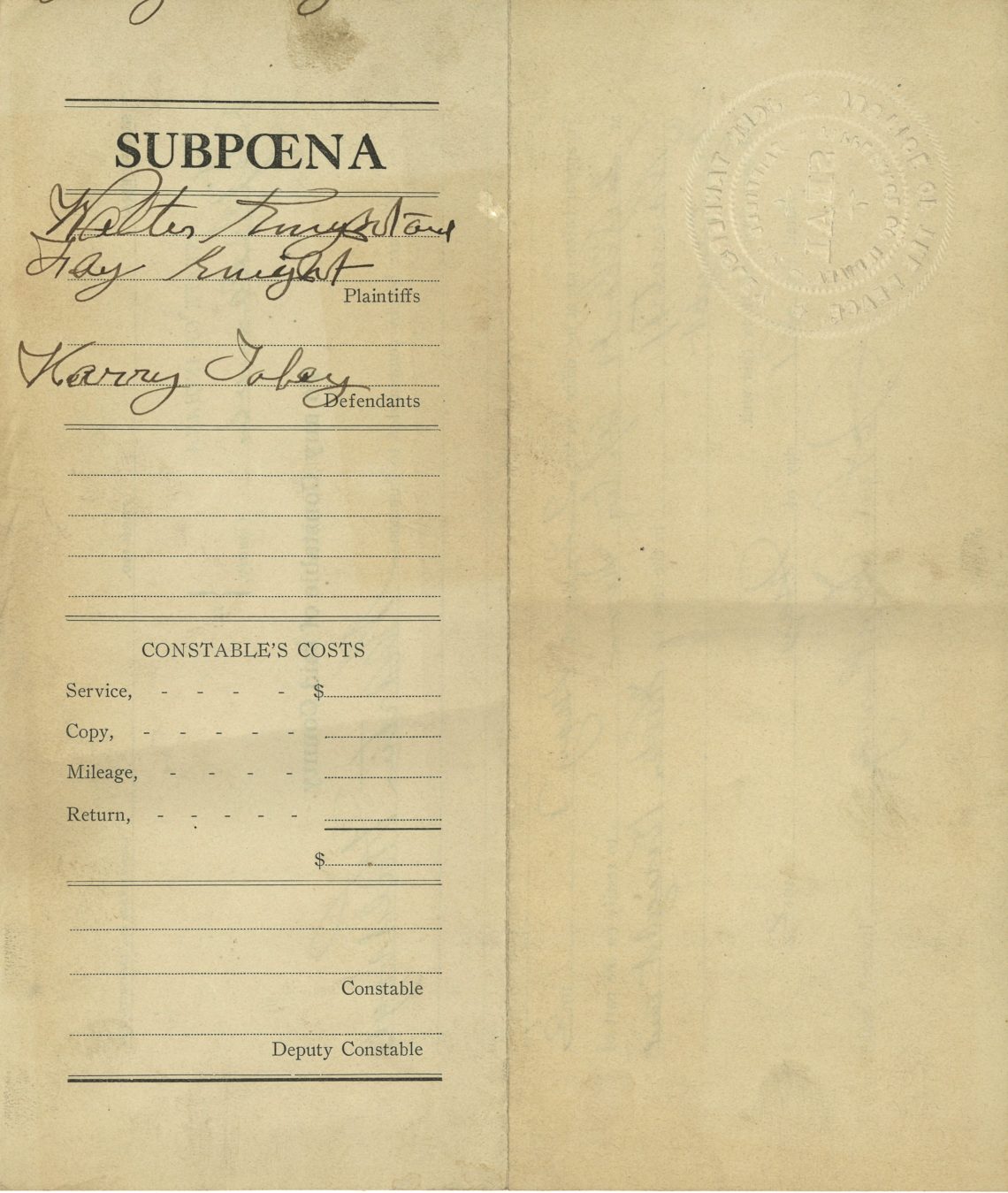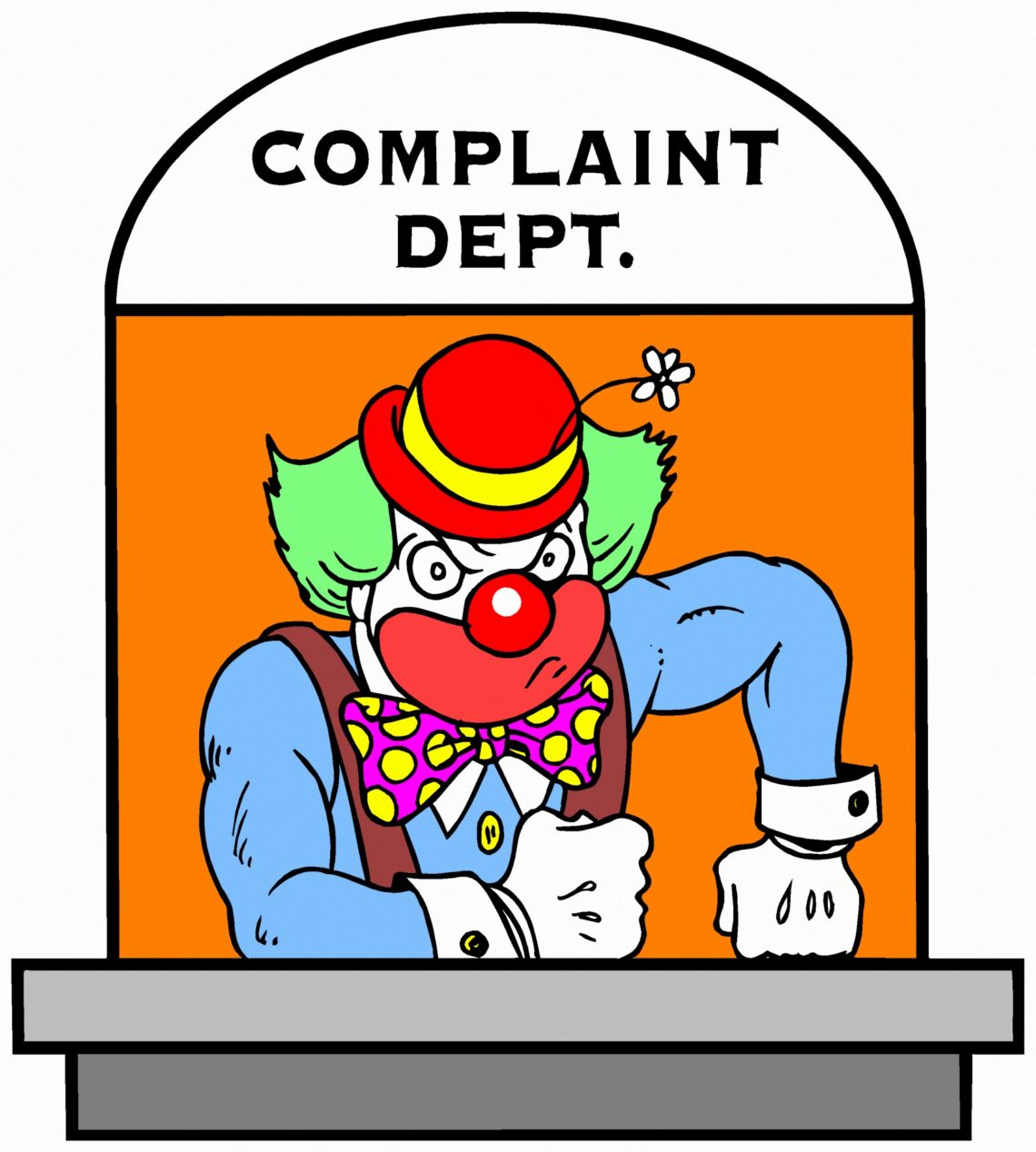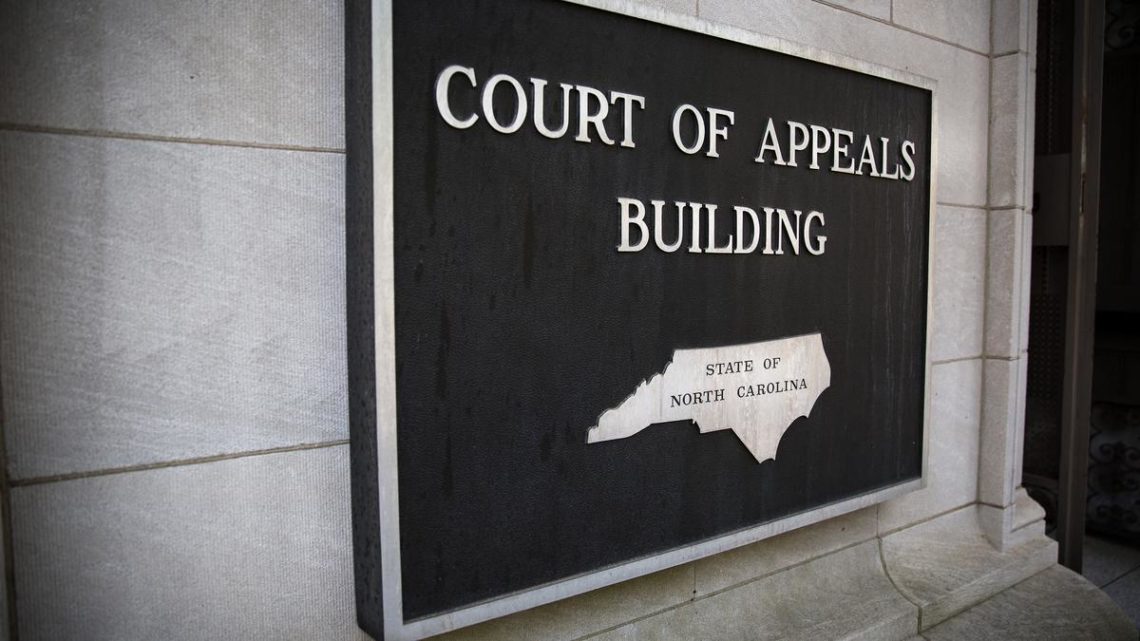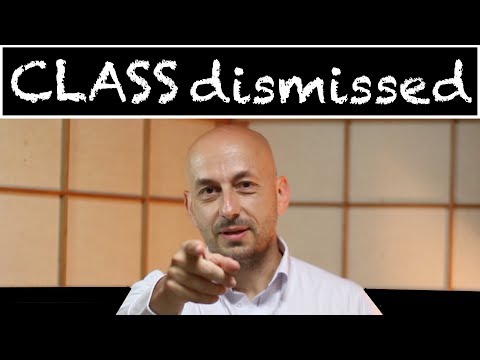A subpoena is a very useful tool for gathering information in civil litigation. They are also used in other contexts, such as by the United States Congress (for example, the congressional subpoena issued to Rudy Giuliani). A civil subpoena is a document provided to an individual or entity compelling that individual or entity to do something – either to testify or to provide documents or other forms of evidence. In North Carolina, the form and function of a subpoena is explained in Rule 45 of the North Carolina Rules of Civil Procedure. Form and Service: What Should My Subpoena Look Like and How Do I Need to Serve It…
-
-
DUKE’S MAYONNAISE TRADEMARK DISPUTE
Duke’s Mayonnaise can trace its roots to 1917 in Greenville, South Carolina. Founder Eugenia Duke developed a recipe for mayonnaise to add to sandwiches she sold to soldiers fighting in World War I. Eventually, the sandwich shop became an independent business – the Duke Sandwich Company – and Duke’s mayonnaise continued to be produced by new owner C.F. Sauer Company. Nearly 100 years later, C.F. Sauer Company is suing Duke Sandwich Company over alleged trademark infringement and trademark dilution. C.F. Sauer’s lawsuit claims other causes of action, including unfair competition, which fall outside of the scope of this article. A Foundation in Trademark Law The Lanham Act protects…
-
FRAUD CLAIMS AND THE RULE 9 HEIGHTENED PLEADING STANDARD
What is Fraud? Fraud is broadly defined as an intentional misrepresentation or concealment of material fact made with intention and calculation to deceive, causing the other party to be deceived and, as a result, harmed. Elements In North Carolina, a civil claim of fraud has five essential elements. A false representation or concealment of material fact; Reasonably calculated to deceive; Made with the intent to deceive; Which does in fact deceive; and Resulting in damages to the party deceived. Rule 9 North Carolina is generally a notice pleading jurisdiction – if a Defendant is “on notice” of the facts in a complaint, and the…
-
A PRIMER ON CONSTRUCTION LIENS
What is a Construction Lien? The construction industry is largely governed by contracts. A property owner contracts with a general contractor to make improvements to the real property; the general contractor contracts with subcontractors to perform the various tasks required to make such improvements (e.g., grading, bricklaying, etc.); the general contractor and/or the subcontractors contract with suppliers to haul materials and equipment to and from the job site. A mechanics’ lien (or construction lien) provides any party involved in the improvement of the real property with a means of collecting payment. This means of collection exists in addition to other remedies, such as breach of contract. As a…
-
INTERPRETATION OF A WILL: WHAT DO PER CAPITA AND PER STIRPES MEAN?
The North Carolina Court of Appeals recently released an opinion in the matter Brawley v. Sherrill. The parties were disputing the interpretation of a will, which provided per capita distribution of estate assets to the testator’s children, but per stirpes distribution to her grandchildren. What do these terms mean, and how do they work together in the same estate plan? Per Capita and Per Stirpes Defined For estate plans, the term “surviving” identifies individuals who are alive at the time the testator (the individual leaving the Will) dies. A per capita distribution plan divides estate assets equally to surviving heirs at the level of descendancy stated in…
-
A MAJOR WIN ON APPEAL FOR A LINDLEY LAW CLIENT
Lindley Law represented the Plaintiff, DavFam, LLC (“DavFam”), in a matter initially before the court in 2016. After an unsuccessful appeal by the Defendant, and petition for discretionary review to the North Carolina Supreme Court, the trial court’s decision in favor of DavFam is affirmed and upheld. Congratulations to DavFam and Lindley Law for the victory! DavFam is a closely-held family entity, whose members are siblings, and which owns real estate across North Carolina. The Defendant is a sibling of the DavFam members, but he is not a member or manager in the LLC. Among the assets held by DavFam is real estate located in Alleghany County, North Carolina…
-
NICHOLAS SPARKS SUED FOR DEFAMATION
Renowned author Nicholas Sparks is currently being sued by the former headmaster of the New Bern, North Carolina school founded by Sparks. Saul Benjamin alleges Sparks defamed him by telling parents of the students that Benjamin suffered from mental health problems. What is defamation, and how is it proved in court? (Benjamin also alleges Sparks violated the Americans with Disabilities Act, but analysis of this claim is outside the scope of this article.) Elements of Defamation Defamation is generally defined as a published, false statement that harms the reputation of the person(s) referenced in the statement. To establish a prima facie claim for defamation, a Plaintiff must…
-
THE SHAREHOLDER LAWSUIT AGAINST PYXUS INTERNATIONAL: A VIEW OF CLASS ACTION CASES
A class action lawsuit was filed in the United States District Court with the Eastern District of North Carolina against Pyxus International, Inc. (“Pyxus”). The lawsuit focuses on those persons who acquired shares in Pyxus between June 7, 2018 and November 8, 2018, a period which coincides with steep drops in the company’s share price. Class action lawsuits are common shareholder litigation, but what exactly is a class action lawsuit? State or Federal Court? Class action lawsuits are available in state court – including North Carolina state court – as well as in federal court. Since its effective date, the Class Action Fairness Act of 2005 (the “Act”)…
-
FREDERICK ALLEN and NAUTILUS PRODUCTIONS, LLC v. ROY A. COOPER, III, et al.: a Battle over Piracy and Sunken Treasure
The plaintiffs in Frederick L. Allen and Nautilus Productions, LLC v. Roy A. Cooper, III,, et al., a four-year civil lawsuit over the rights to video and photographic footage of the recovery of the wreckage of the Queen Anne’s Revenge (the ship captained by the infamous pirate known as Blackbeard), recently filed a petition for a writ of certiorari seeking the United States Supreme Court to rule on the dispute. The History of the Queen Anne’s Revenge In the early eighteenth century, Blackbeard commandeered the slave ship La Concorde, renaming it the Queen Anne’s Revenge and captaining the ship for years near the Outer Banks of North Carolina. …
-
RULE 38: NO SUBSTITUTION FOR GOOD JUDGMENT
The recent North Carolina Court of Appeals decision in Weishaupt-Smith v. Town of Banner Elk represents North Carolina’s first appellate ruling interpreting Rule 38(b) of the North Carolina Rules of Appellate Procedure, which provides the second of three (3) categories in which substitution of a party to a dispute on appeal is permitted. Although this rule was adopted in 1975, courts remained silent on its interpretation until Weishaupt-Smith. Rule 38 Substitution of Parties Rule 38 provides three specific categories under which a party to a dispute on appeal or while appeal is pending may be substituted. The first, Rule 38(a), permits substitution when a party dies but the…







